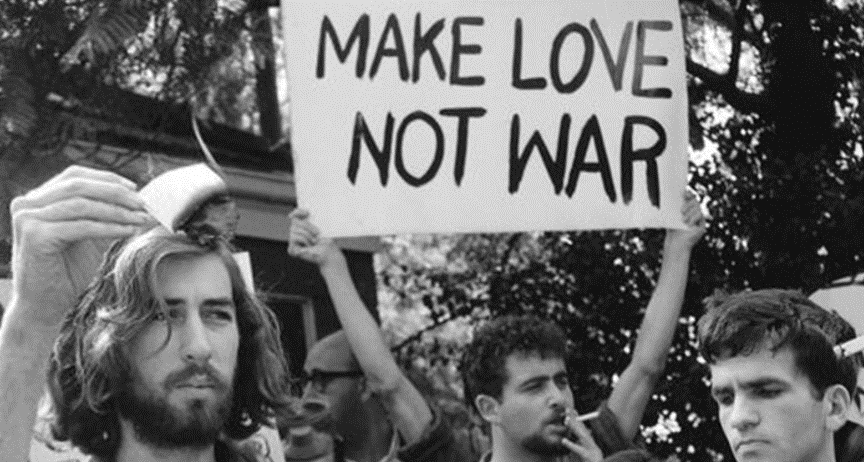I am just young enough to have avoided the military draft. Oh, I registered with the Draft Board when I turned 18, but they gave me a student deferment, and before long they instituted a lottery system that sorted your draft eligibility by birthday. At 261, my number meant I would not be drafted to serve in the then winding down Viet Nam war. Had I been four or five years older, however, the possibility of being drafted would have been something with which I would have had to deal.
For those of you too young to know, a military draft was in effect during the Viet Nam War era of the 1960s. It was replaced by a lottery system in 1969, and I received my 261 in 1971. For all sorts of reasons not to be rehashed here, many young men who were ages 18-26 sometime during the Viet Nam War did all they could to avoid being drafted to serve. If they graduated from college and lost their student deferment, they may have tried for a medical deferment, say asthma or bone spurs in two well-known instances. Some fled to Canada and others, perhaps more principled whether you agreed with their principles or not, said “Hell no, we won’t go,” burned their draft cards, and refused induction.
A draft of some form has been used six times in American history: during the Revolutionary War, the Civil War, World War I, World War II, the Korean War, and the Vietnam War. The Constitution in Article I, Section 8, authorizes a military draft. But the draft has not always been popular with those to be conscripted into service. During the Civil War, wealthy young men paid (legally) $300 (about $6,000 today) for less wealthy men to take their place on the battlefield.
Again, my point is not to debate the controversies of the past. My concern is that many of our fellow citizens are being drafted into a war they need not fight – no age limits and no deferments.
I write, of course, of the culture war(s). It’s time for us to say, “Heck no, we won’t go.”
A post from King’s College London (which is a classier source than Wikipedia) says the term culture war “describes a sense of conflict between two irreconcilable worldviews in what is fundamentally right and wrong about the world we live in, and a disconnect between our most fundamental ideas about who we are and how and on what terms … [we] live together.”
I am not sure we can end the current culture wars, but we can refuse to go into the trenches. We can refuse to use the mustard gas of anger and insult, decline to drop the napalm of personal vendetta and social harm.
Christians know that we are called to stand for racial justice – we serve a gospel that proclaims in Christ there is neither “Jew nor Greek, there is neither slave nor free, there is no male and female.” (Galatians 3:28). We know that marriage and family are good gifts from the God who created us (Genesis 2:24). But can’t we defend our hope and our convictions with “gentleness and respect,” as Peter (1 Peter 3:15) admonishes us? Shouldn’t we resist all efforts to draft us into the mutual assured destruction of the culture wars?
So why do I mention all this?
Last week I received a note from a good friend whose Christian faith has been revived and renewed over the course of the past year or so. He is attending church for the first time in a long time, and it has been a very good thing for him. But commenting on the integrity of his new pastor and Sunday school teachers, he also wrote, “I don’t always relate to some of the members of the church who seem to focus more on the culture wars than the Gospel…”
The culture wars rage, but we need not serve in their armies. By taking up arms for one side or the other, we may cause a new or old believer to walk away from the church if not the life of faith. Indeed, we are told to “shod our feet with the gospel of peace” (Ephesians 6:15).
Culture wars? Heck no, I won’t go.

